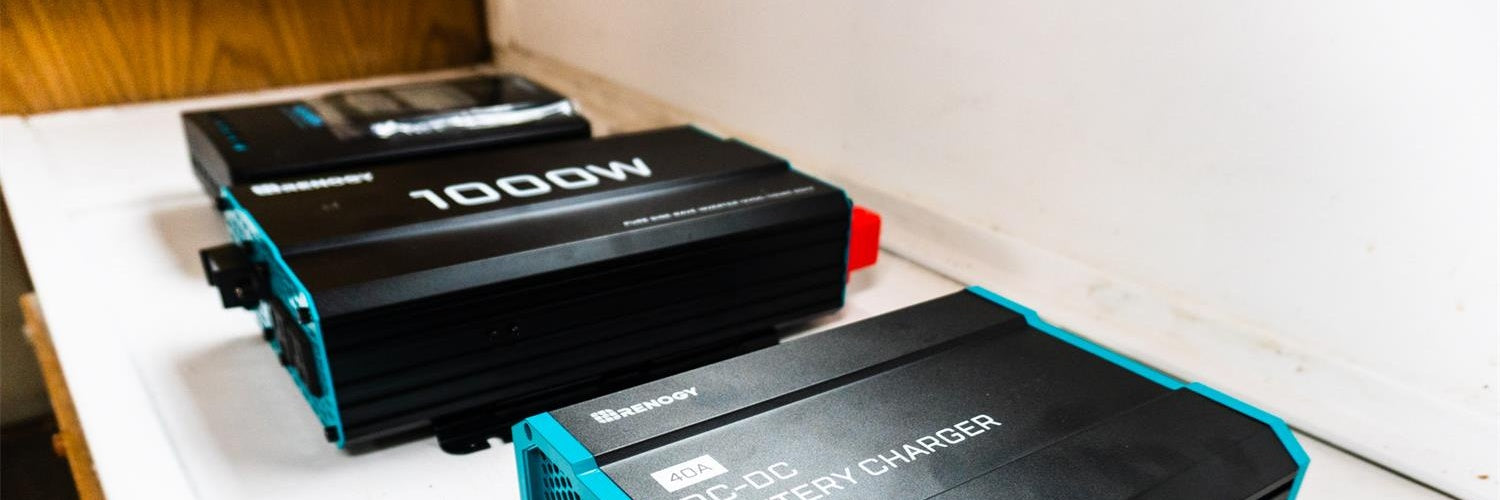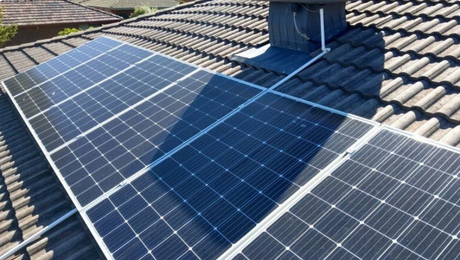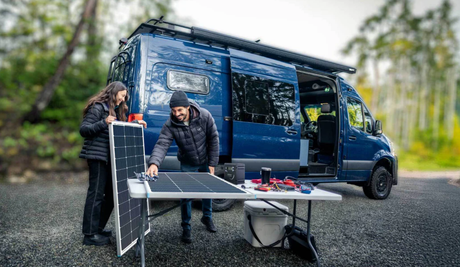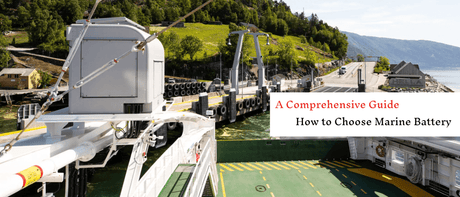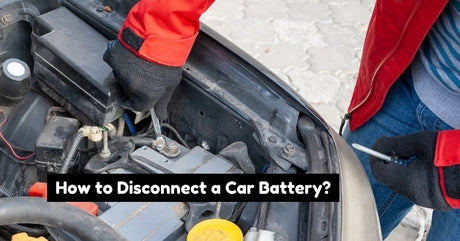Are Pure Sine Wave Inverters the best?
What to look for when shopping for a solar inverter
Solar inverters perform the key role of turning power produced from your solar panels from DC to AC power. Inverters are necessary to power the common appliances found in your home, cabin, or RV, such as laptops and microwaves. When selecting an inverter for your solar installation, you’ll typically choose between modified sine wave inverters and pure sine wave inverters. Pure sine wave inverters used to be cost prohibitive to install in your system, but with improved technology and lowering costs, many households are opting for installing efficient and powerful pure sine wave inverters in their homes. Although there’s not a one-size-fits-all answer to which is best, there are some important things to consider when shopping for an inverters.
What is a solar inverter?
Inverters serve as the gateway between the photovoltaic system and the devices drawing energy from your system. They turn the direct current (DC) output from your solar panels and stored in your batteries into alternating current (AC), which is the standard used by all commercial appliances.
After your solar panels collect sunlight and turn it into energy, that gets sent through the charge controllers and inverters. Inverters convert that power to AC energy. At that point, you’ll be able to plug in your appliances and start using that energy. Solar inverters perform the key role of turning power produced from your solar panels from DC to AC power. Renogy inverters also provide overload protection and monitor the voltage for both DC input and AC output to prevent any damage to the components and the unit.
What is a pure sine wave inverter?
As its name suggests, pure sine wave inverters output voltage in the form of sine waves. Typically, you’ll need pure sine wave inverters for newer TV’s, medical equipment, CFL light bulbs, and appliances with AC motors (microwaves and refrigerators). Pure sine wave inverters are capable of producing cleaner, smoother, quieter, and more reliable electricity to operate appliances and electronics without interference. Renogy sells a range of pure sine wave inverters of varying capacities to fit your solar installation and your energy needs.
It’s important to note that utilities also provide sine wave output. Because of this, pure sine wave inverters are always needed if you’re going to be tied to the grid.
What is a modified sine inverter?
In modified sine wave inverters, the polarity abruptly switches from positive to negative. When looking at the wave, it has a stair-step, square pattern, where the polarity is flipped back and forth. That choppy wave can negatively affect more delicate, sensitive equipment. If you have medical equipment you need to power, such as a CPAP machine, you won’t be able to use a modified sine wave inverter. Additionally, in many cases, you’ll hear a hum with devices attached to a modified sine wave inverter.
What is a modified sine inverter?
What is a modified sine wave inverter?
Modified sine wave inverters produce voltage in the form of a stair-pattern instead of a pure sine wave. Typically, they can be used in simple systems without sensitive electronics. Old tube tvs, water pumps, and phone chargers usually operate ok with a modified sine wave inverter. If there isn’t an AC motor and isn’t a delicate piece of medical equipment, you may be fine.
Appliances like refrigerators, microwaves, and compressors that use AC motors won’t run as efficiently on a modified sine wave inverter. Some fluorescent lights will also not operate quite as bright, and some may buzz or make humming noises. Laptops may also see a shortened lifespan when used with modified sine wave inverters.
Do I need a pure sine wave inverter with an off-grid system?
Yes! You’ll need a pure sine wave inverter if you’ll be connected to the grid. This is because utilities provide energy in the form of pure sine waves. If you’re staying off-grid, you can definitely use a modified sine wave inverter to power your simple appliances.
What are the benefits of a pure sine wave inverter?
Pros:
Will work with most appliances: Pure sine wave inverters are capable of producing cleaner, smoother, quieter, and more reliable electricity to operate appliances and electronics without interference. Pure sine wave inverters are compatible with appliances with AC motors, such as microwaves and refrigerators, medical equipment, and sensitive electronics.
Higher Efficiency: Because pure sine wave inverters are free of any distortions, they consume less power and are much more efficient than modified sine wave inverters.
Cons:
More Money upfront: The main drawback of using a pure sine wave inverter is that it is more money upfront. Pure sine wave inverters cost between $150 and $900. Modified sine wave inverters typically cost between $50 and $600.
What size inverter do I need?
Inverters are rated in watts, just like solar panels, and come in a variety of sizes. Because your solar inverter converts DC electricity coming from the panels, your solar inverter needs to have the capacity to handle all the power your solar array produces. As a general rule of thumb, the size of your inverter should be similar to the DC rating of your solar panel system. So if you are installing a 1000 watt system, you should purchase an inverter of around 1000 W. To size your system, we recommend using the Renogy solar panel calculator.
What about inverter chargers?
Inverter chargers are also a great option for those living off-grid who may also connect to shore power occasionally and want to charge a battery bank. In addition to converting DC to AC, the Renogy 2000W Pure Sine Wave Inverter Charger can charge and maintain a battery bank when connected to shore power. So if you live in an RV or van and often camp in campgrounds with hook-ups, an inverter charger is a great device to consider.
Conclusion
Pure sine wave inverters excel in being inverters that can cover the needs of most AC appliances in your household. Modified sine wave inverters are still a viable option if you have limited, simple appliances to power and aren’t as concerned with efficiency. However, if you want the peace of mind of knowing your appliances and devices will run safely and at the highest efficiency, we recommend opting for a pure sine wave inverter in your solar installation

